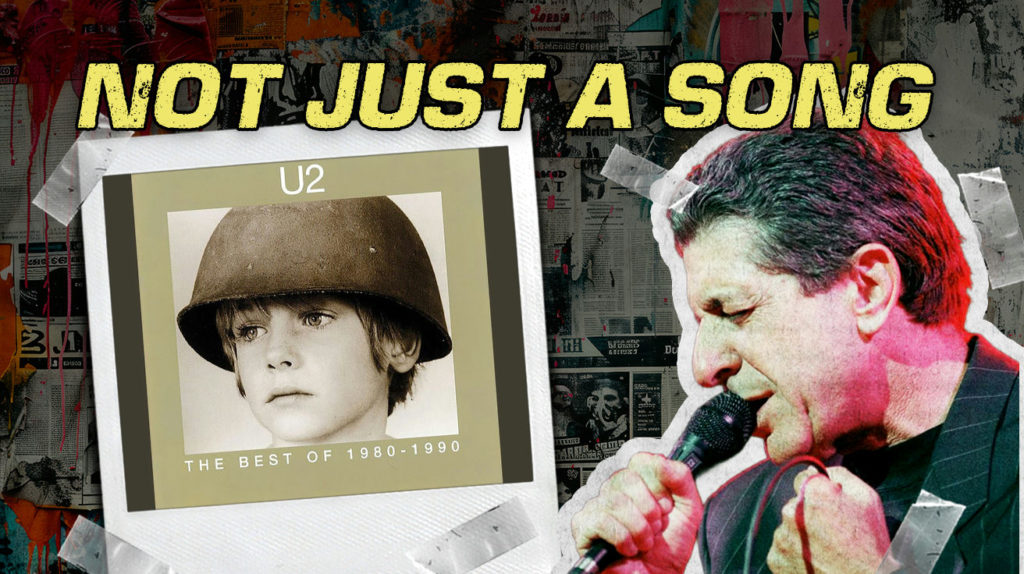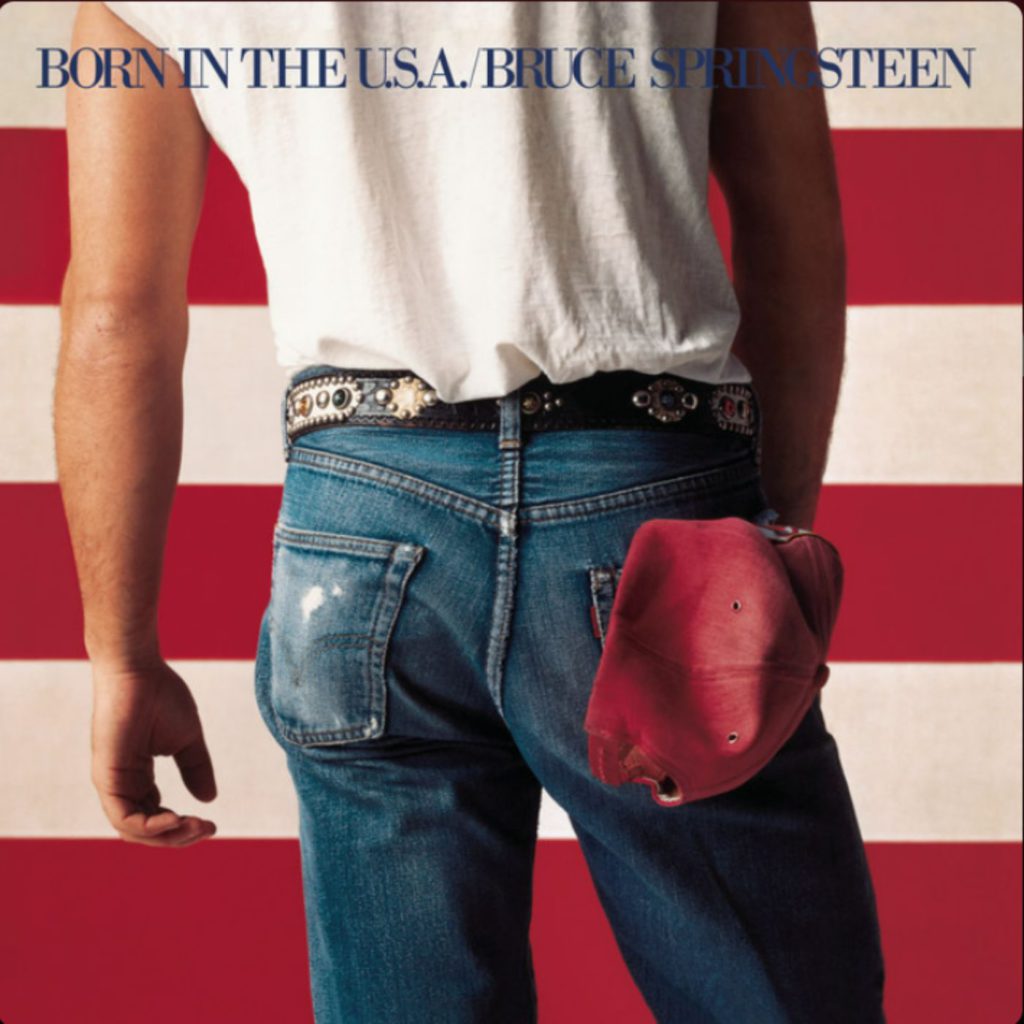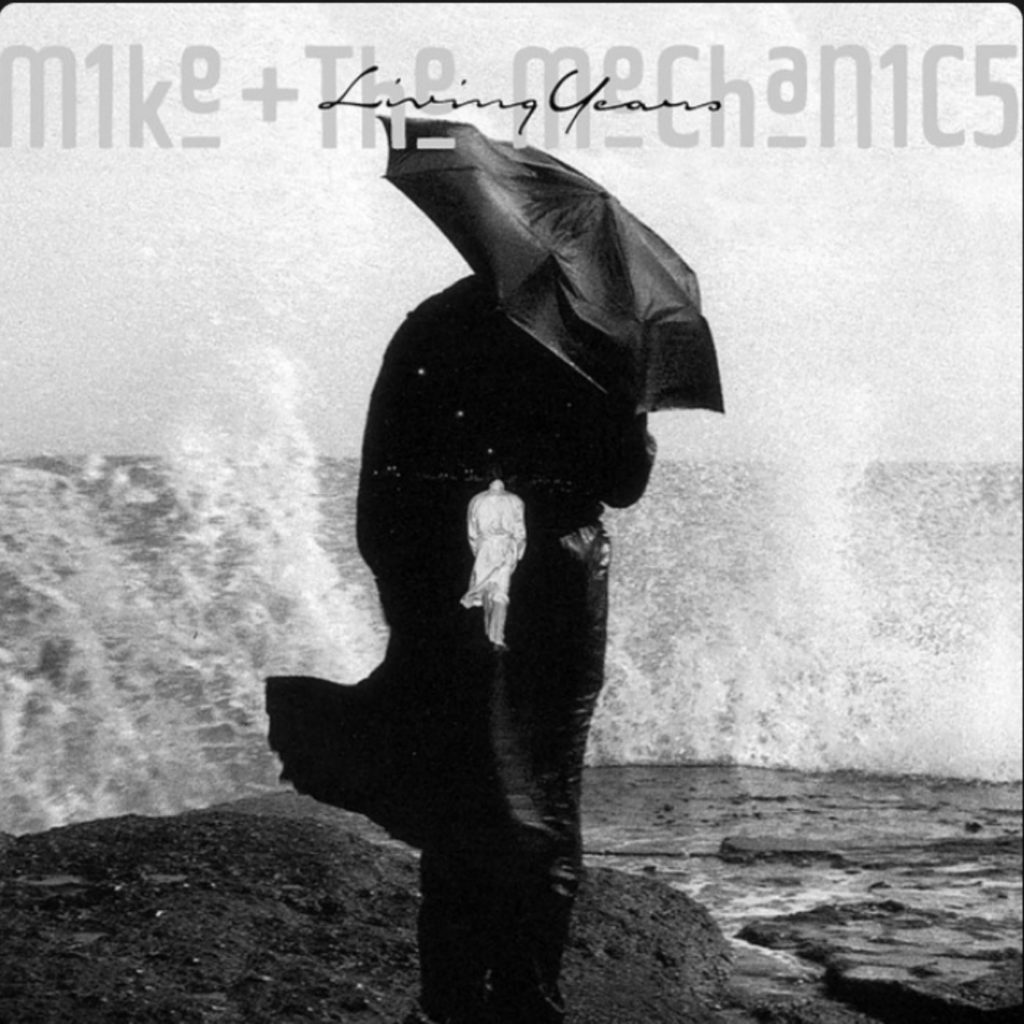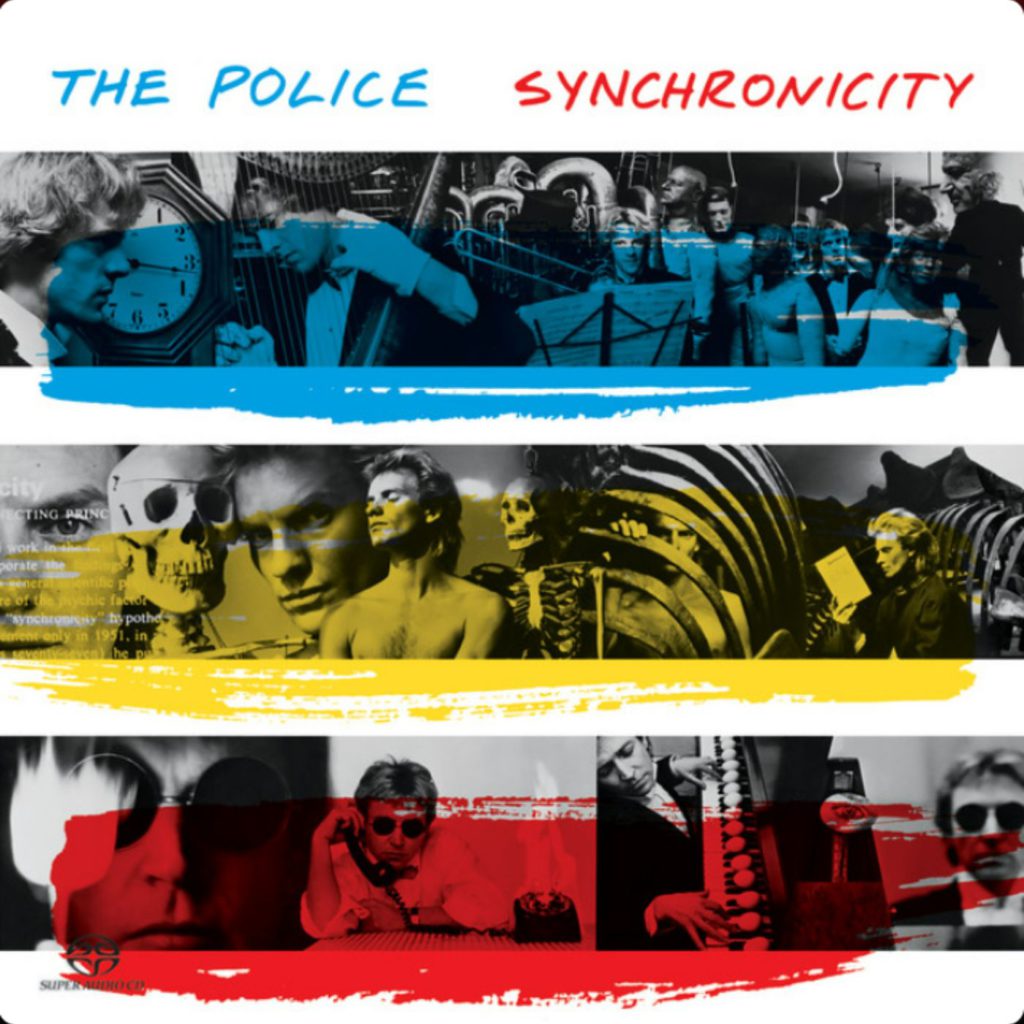
You think you know these songs, but their origin stories reveal darker truths that transform every listen. These chart-toppers are like musical Trojan horses—beautiful melodies smuggling uncomfortable realities past your emotional defenses.
10. Born in the U.S.A. – Bruce Springsteen

Political rallies completely missed Springsteen’s Vietnam War critique, “Born in the USA“, proving that anthemic choruses can drown out lyrical nuance. The Boss intended frustrated lamentation, but audiences heard patriotic celebration—creating music’s biggest misinterpretation.
Meeting with veterans fueled Springsteen’s writing, but most listeners never made it past the title. The song challenges audiences to dig deeper than surface-level messaging—a lesson that remains painfully relevant today.
9. Love Will Tear Us Apart – Joy Division

Ian Curtis channeled his epilepsy struggles and marital breakdown into post-punk perfection that captured love’s disintegration with devastating honesty. “Love Will Tear Us Apart” served as dark prophecy, released one month after Curtis’s tragic suicide.
Curtis’s inner turmoil created art that resonates with anyone who’s experienced relationship destruction. The song’s enduring power lies in its unflinching examination of love’s destructive potential rather than romantic possibilities.
8. The Living Years – Mike + The Mechanics

Father-son regret distilled into four devastating minutes after band members shared stories about losing their fathers with words left unspoken. The song captures universal grief about missed connections and conversations that never happened.
Paul Carrack’s emotive vocals and the lush arrangement earned “The Living Years” #1 status on both sides of the Atlantic. Its success established Mike + The Mechanics as more than just a Genesis side-project—proving emotional honesty trumps musical complexity.
7. 99 Luftballons – Nena

Carlo Karges witnessed balloon releases at a West Berlin concert and imagined them triggering nuclear war—Cold War paranoia transformed into infectious new wave gold. The song’s catchy melody disguised serious anti-nuclear messaging about conflict escalation.
The German version’s superior lyrical complexity got lost in English translation, but the core message in “99 Luftballoons” about military overreaction remains terrifyingly relevant. Sometimes the most important songs arrive disguised as simple pop anthems.
6. Patience – Guns N’ Roses

Axl Rose channeled his toxic relationship with Erin Everly into acoustic gold that showcased GN’R’s unexpected vulnerability with “Patience“. That whistling intro and stripped-back arrangement proved the band could create intimacy without losing their edge—revolutionary for hair metal standards.
The #4 Billboard peak widened their appeal beyond headbangers, but knowing Rose and Everly’s turbulent dynamic adds uncomfortable context. Sometimes the most beautiful art emerges from the messiest human experiences.
5. Jump – Van Halen

David Lee Roth transformed a dark news report about suicide into an uplifting anthem through pure creative alchemy with “Jump“. A roadie’s suggestion to flip the meaning shows how collaborative creativity can redirect artistic vision completely.
The song’s synth-rock departure from their guitar-heavy sound proved Van Halen’s versatility while achieving worldwide chart dominance. Even hard rock bands could embrace keyboards without losing credibility—revolutionary thinking for 1984.
4. Hallelujah – Leonard Cohen

150 drafts and five years of obsessive crafting produced songwriting perfection in “Hallelujah” that initially flopped commercially. Cohen wrestled with biblical themes, personal relationships, and spiritual questioning until he created something approaching the sacred.
Jeff Buckley’s 1994 cover achieved platinum status and introduced Cohen’s masterpiece to new audiences. The song’s posthumous chart surge after Cohen’s death proved great art eventually finds its audience, regardless of initial reception.
3. Every Breath You Take – The Police

Wedding DJs worldwide have been playing a stalker anthem for decades while couples slow-dance to surveillance-themed obsession. Sting’s lyrics about control and possession in “Every Breath You Take” flew over most heads, creating pop music’s greatest misunderstanding. Discovering the dark facts behind popular songs can completely transform how we hear these familiar classics.
Eight weeks at #1 proved the song’s hypnotic power, but that “you belong to me” line should have been the giveaway. Think Orwell’s Big Brother with a killer bass line—which makes its romantic misinterpretation even more unsettling.
2. Suffer Little Children – The Smiths

Morrissey and Johnny Marr courageously confronted the Moors Murders in ways that Manchester residents found exploitative but critics recognized as important social commentary. The song’s deliberate melancholy accentuated the gravitas of addressing such tragedy.
Though never released as a single, “Suffer Little Children” established The Smiths’ reputation for tackling taboo subjects with literary sophistication. The track proves music can preserve cultural memory of events society would rather forget.
1. Sunday Bloody Sunday – U2

U2 responded to 1972’s Bloody Sunday massacre with a plea for peace rather than political endorsement with “Sunny Bloody Sunday“. Fourteen lives lost in Derry inspired urgent arrangements and Bono’s passionate vocals that transformed historical tragedy into universal anti-violence messaging.
The song transcends its specific Northern Ireland context to challenge listeners about music’s role in promoting understanding. Sometimes the most powerful political statements come disguised as spiritual anthems.





















